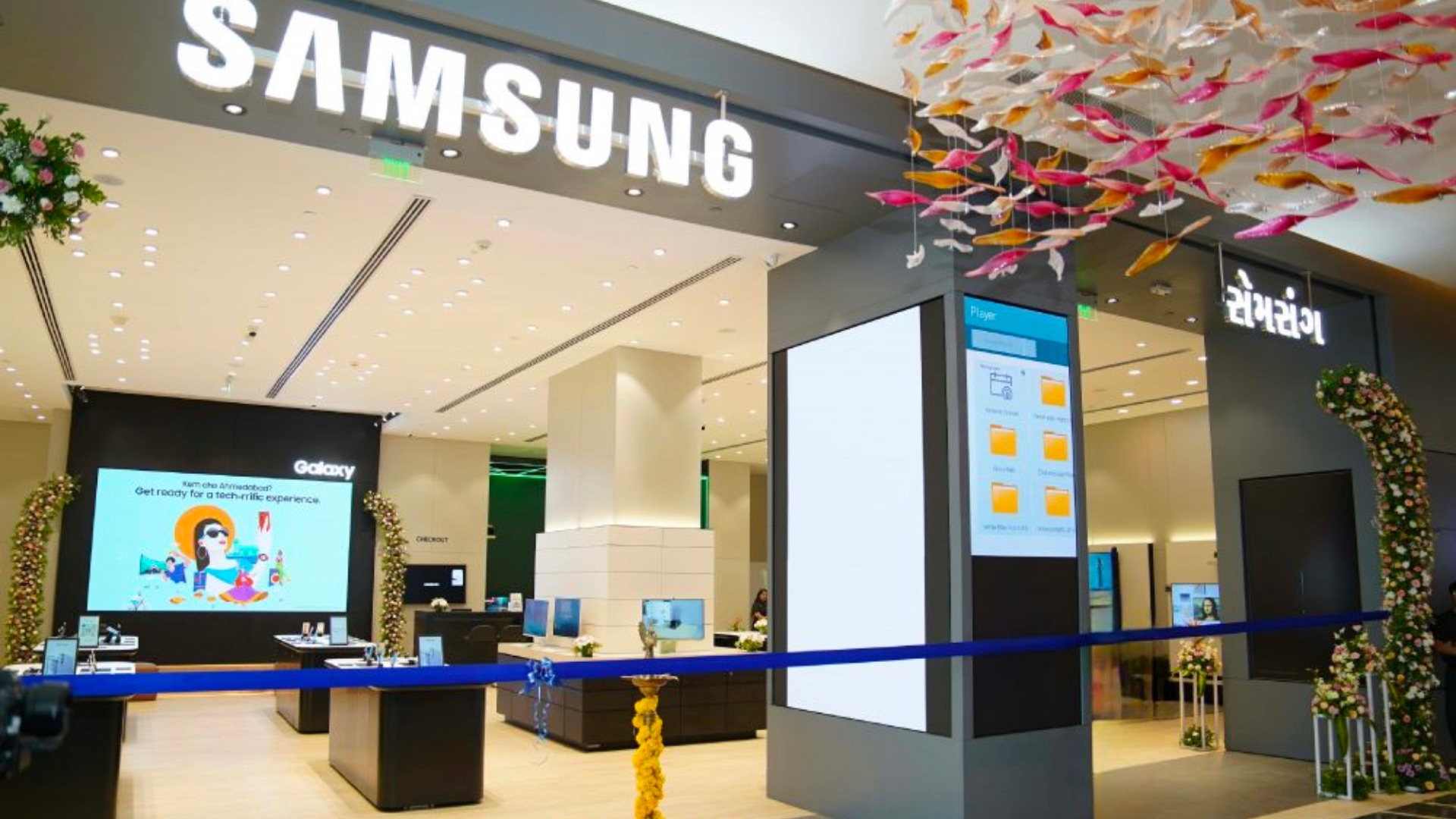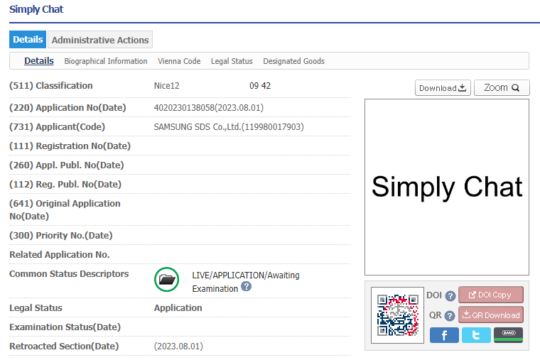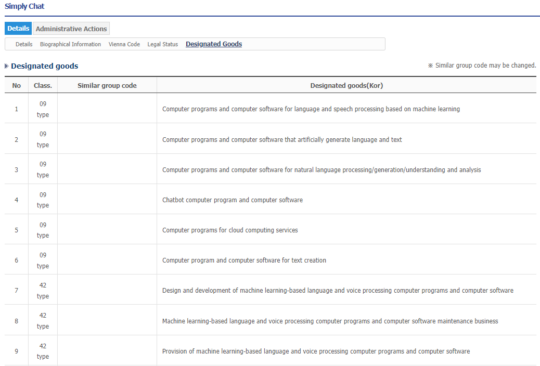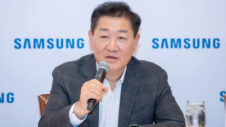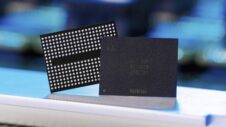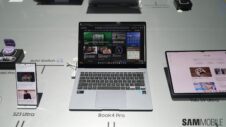As you might recall, Samsung ran into some security breach issues a few months ago due to employees improperly using ChatGPT. Semiconductor employees have entered sensitive code into the ChatGPT global databanks, which meant Samsung had to create new rules to prevent this from happening again. The company denied access to ChatGPT, but to make up for it and help its employees, Samsung promised to create its own generative AI engine for corporate use.
Rumors that Samsung is hard at work creating its in-house ChatGPT alternative have circulated for the past few months. And during a lecture at Yonsei University in June, Samsung's Kye Hyun Kyung confirmed that the company is indeed developing this powerful ChatGPT-like tool, possibly in collaboration with Naver Corp.
And now, according to a more recent report from Korea Daily, Samsung is getting ready to reveal bits and pieces of its generative AI tool next month.
Story continues after the video
Samsung's in-house ChatGPT-like engine is closing in on the finish line
Samsung is reportedly ready to unveil its generative AI for the first time. The local media says the unveiling will happen at the Real Summit 2023 event scheduled for September 12.
Real Summit 2023 will mark the first time the public, the media, and Samsung clients catch a glimpse of this in-house generative AI tool. But it's important to keep in mind that Samsung hasn't created a ChatGPT or Bard competitor for public use. This tool is designed by Samsung for Samsung employees to improve productivity through coding support, emails, document summarization, and more.
According to the news, Samsung will start beta testing features like coding support in October and open the tool to employees by the end of 2023 or early 2024. Beta testing will be conducted behind closed doors.
As to what this program will be named, there are speculations that Samsung might call it Simply Chat. A trademark application at the Korea Intellectual Property Rights Information Service (KIPRIS) for Simply Chat was spotted earlier this month.
The designated goods section in this trademark application refers to “computer programs and computer software for language and speech processing based on machine learning” and similar descriptions.
